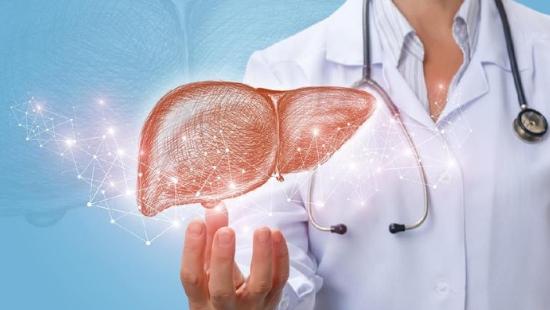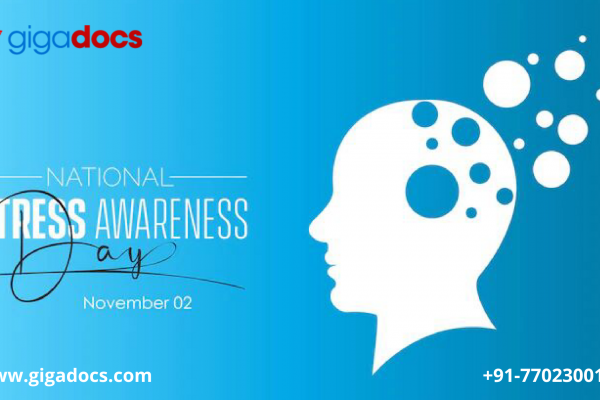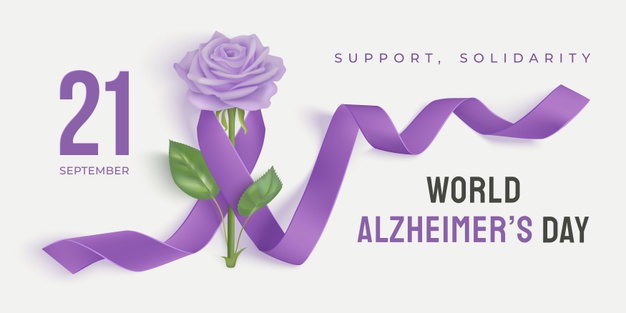Severe Acute Respiratory Syndrome Coronavirus 2, or SARS-CoV-2 shares a similar genome sequence with its earlier cousin namely the SARS-CoV and Middle East respiratory syndrome coronavirus (MERS-CoV) by 82% and 50% respectively. Liver impairment is a common condition detected in patients who have tested SARS-CoV or MERS-CoV positive. In SARS-CoV liver impairment is reported among a staggering 60% of patients.
Those with pre-existing chronic liver conditions including non-alcoholic fatty liver disease, alcohol-related liver disease or chronic viral hepatitis represent a high-risk cohort susceptible to liver injury from the Coronavirus, in addition to senior citizens, and those with pre-existing comorbidities such as diabetes, asthma, cardiovascular disease, cancer, and hypertension.
COVID-19 High-Risk Group & Liver Disease
Patients with non-alcoholic steatohepatitis (NASH) or non-alcoholic fatty liver disease (NAFLD) are additionally susceptible to contract metabolism comorbidities like obesity, diabetes with hypertension putting them at a COVID-19 high-risk group. Coronavirus positive patients reporting liver damage may have the damage directly caused by a viral infection of their liver cells. Prolonged presence of the SARS-CoV-2 viral has been detected in the faecal samples among 2–10% of patients pointing to the possibility of viral exposure in the liver.
Besides, those with advanced chronic liver disease are at a high COVID-19 risk category, due to cirrhosis-associated immune dysfunction. Patients after liver transplantation and those with autoimmune liver diseases receiving immunosuppressive therapies also need to take preventive caution.
Coronavirus Safety Tips for Liver Cirrhosis
Medical Practitioners have advised against reducing immunosuppressive therapy for patients with autoimmune liver disease. They should consider a reduction only after consulting their doctor, under special circumstances like COVID-19 induced bacterial/fungal superinfection or medication-induced lymphopenia. Safety tips for Liver Cirrhosis are categorized into an early-stage and advanced stage of the disease-
Early Stage of Liver Cirrhosis-
- Postpone your regular medical visit.
- Schedule a digital telemedicine appointment over the phone or a video call.
- Prefer a local primary care physician for your routine laboratory testing. Evaluate your risk-benefit considerations with your doctor before you switch to a primary care physician.
Advanced Stage of Liver Cirrhosis-
- While visiting your liver specialist, consider minimal exposure to medical staff. Wear a face mask and protective gloves to avoid Coronavirus infectivity.
- To mitigate the infectivity of the Coronavirus, soak and wash your clothes, facemasks, and gloves in hot water with a temperature above 60°C for 30 minutes after visiting your liver specialist.
Does Coronavirus affect Liver Transplant?
Intensive care unit beds across the world are dedicated to those affected by COVID-19, the Coronavirus outbreak has put pressure on the existing medical infrastructure across the world putting organ transplants on hold. Liver specialists across the world have addressed that donor acceptance criteria will witness a reduction temporarily during the Coronavirus pandemic, which means a fewer number of organs will be available for transplant.
For urgent transplants, liver transplant centers are open, however, recipients are advised to exercise caution, as they fall into an extremely high-risk group should they develop coronavirus. It may happen that, some recipients who need a transplant may have to wait for their transplant. Here are safe liver transplant precautions-
Precautions Before the Liver Transplant-
- Medical practitioners must follow SARS-CoV-2 routine testing for both donors and recipients before the liver transplantation.
- The consent for diagnostic and therapeutic transplant procedures should include the potential risk of nosocomial COVID-19 to the patient.
- Medical practitioners should consider transplantations from living-donors on a case-by-case basis.
Precautions After the Liver Transplant-
- The patient and caregivers must strictly adhere to medical guidelines. The patients should consider minimal exposure to any new persons including medical staff and family members.
- Follow social distancing, and self-isolation measures.
Precautions to be taken at Hospitals
Experts recommend that patients battling chronic liver disease and COVID-19 should be admitted to inpatient care if they experience additional risk factors and pre-existing comorbidities including obesity, cirrhosis, diabetes, hypertension, or a post-transplant status.
Those with chronic liver disease like cholangitis, rejection, decompensation, or other complications will continue to receive inpatient care during the COVID-19 crisis.
Telemedicine and Consulting a Digital Doctor
Medical Professionals are at the greatest risk of infection exposure and subsequently also into virus dissemination. This makes the case for telemedicine even stronger, limiting the number of face-to-face contacts for patients at risk to catch dangerous infections. Telemedicine technology solutions are available to enable remote physician-patient interaction, discuss the progress of treatment through digital follow-up visits, and send routine prescriptions by mail.
Liver Disease patients should not miss their regularly scheduled medical appointments. It is good to ask your doctor if they offer telemedicine consultation which can replace physical clinical visits during the Coronavirus pandemic.
Reaching out to a Liver Specialist
To book a Digital healthcare professional or hepatologist, download the Gigadocs app and consult the best Liver specialist and Infectious disease specialist around you.
Gigadocs is an intelligent practice management software which helps you to manage the complete healthcare of your family, through secure record management, medical appointment booking, and vitals tracking.
Leverage Gigadocs app and digitally store your medical records in a cyber-secure environment, track your vitals, for example, the total steps walked, pulse rate, and share them with your digital doctor over a telehealth appointment on a real-time basis.
Gigadocs never lets you miss your follow-up appointments it sends you appointment notifications and regular updates of your visit to the doctor.
To download Gigadocs app-
- IOS App – apple.co/2W2iG4V
- Andriod App – bit.ly/33AQoRC
- To know more e-mail, at info@gigadocs.com
Seek your digital doctor from trained health care professionals around you on the Gigadocs app.




